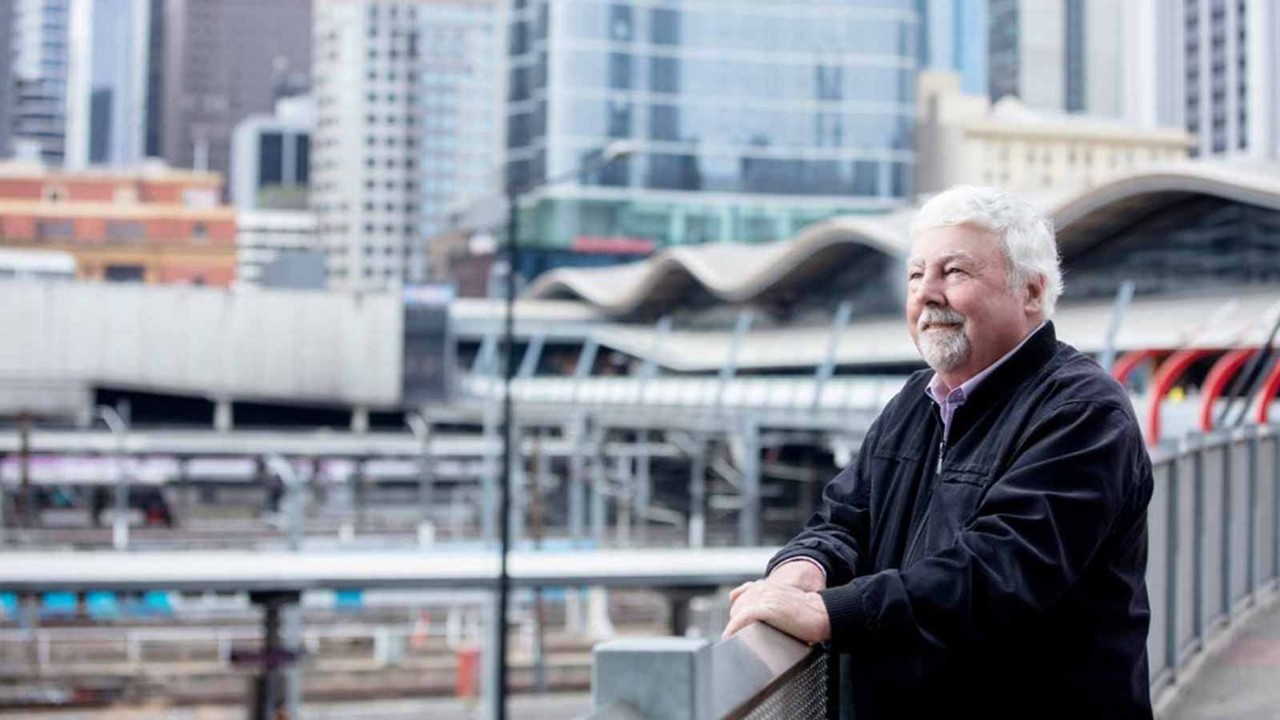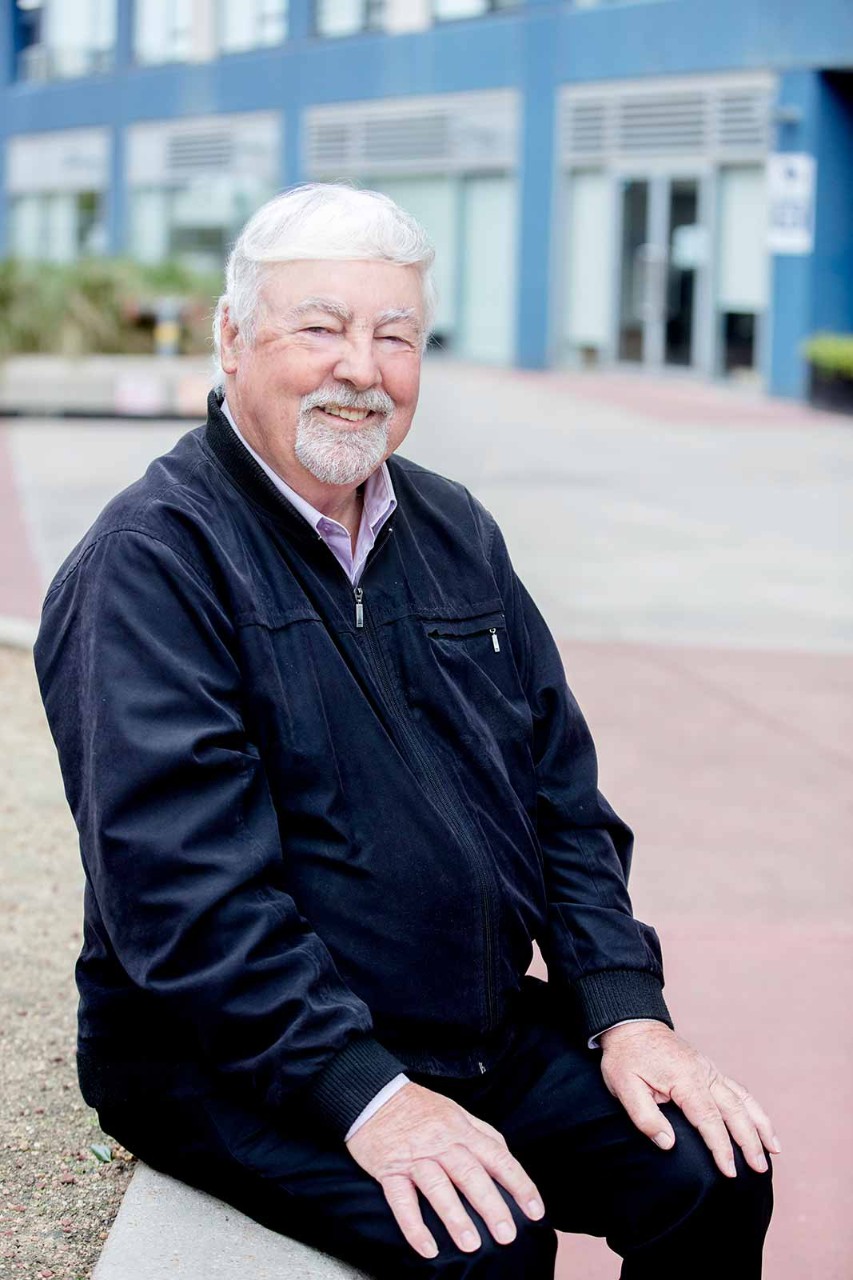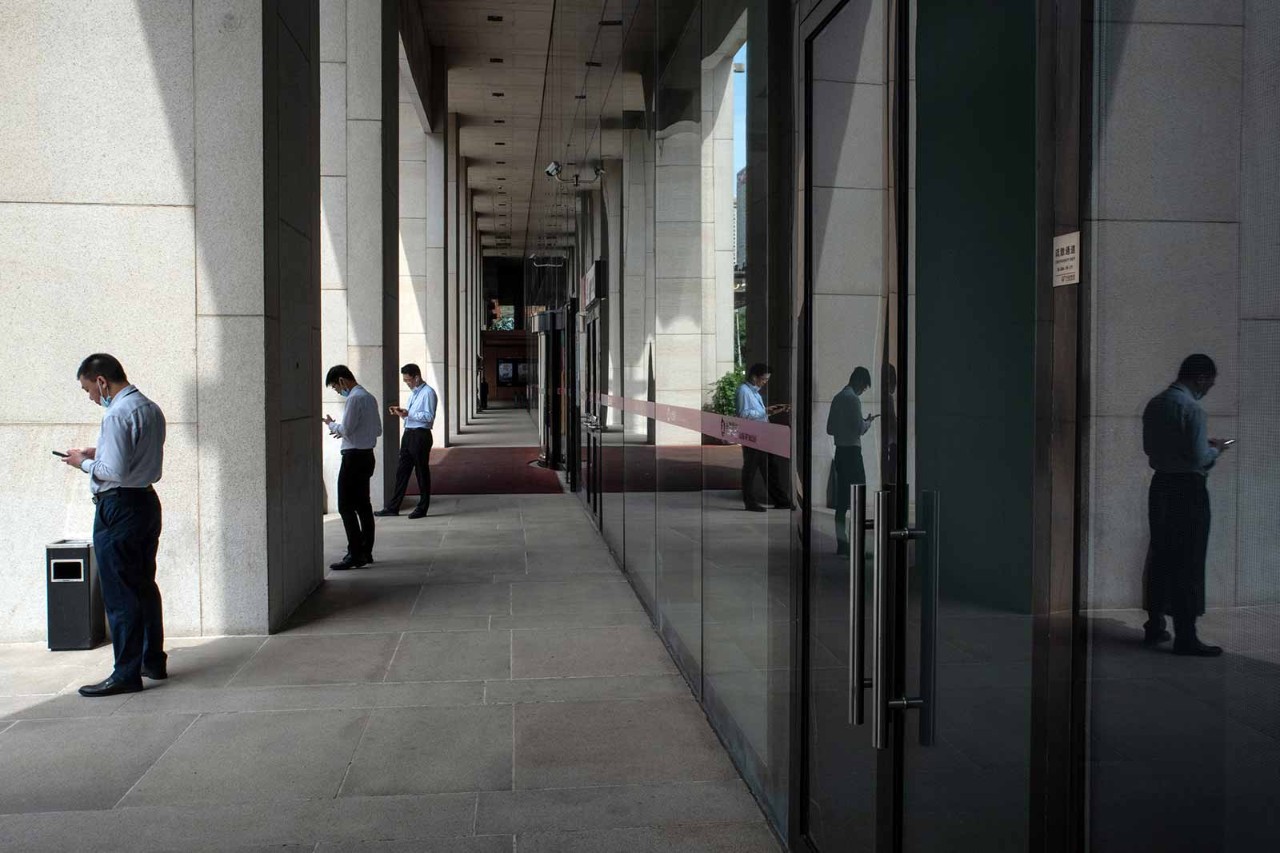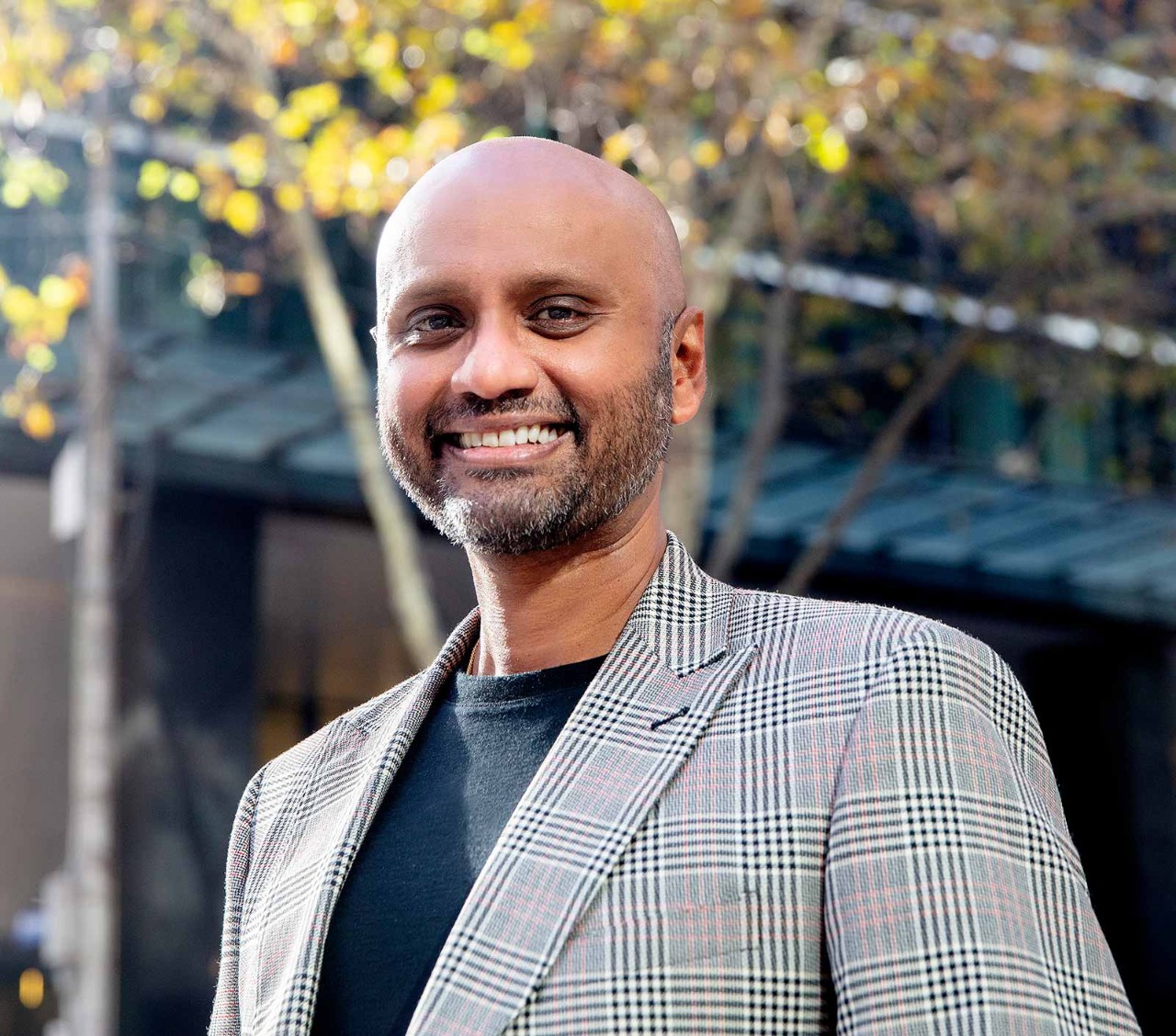
For Barry Cooper FCCA, retirement could have been an ideal opportunity to slow down at the end of a long and successful career. But, like the evolving nature of the accounting profession he served for 50 years, he merely adapted his approach according to the changing circumstances.
In 2020, on his 72nd birthday, Cooper retired from his position as associate dean at Deakin University in Melbourne, Australia. He had already started the transition to the next phase of his life, getting involved with Rotary, an organisation that supports disadvantaged communities. Within a year of joining the Rotary Club of Geelong, Barry was elected president and has since taken on the role of club secretary.
'I loved going to work; I loved Mondays, but I also loved closing down on Friday evening, too'
He also provides weekly assistance at a primary school, as well as distributing food parcels for a local charity. But in addition to supporting established good causes, Cooper has gone one step further.
The sale of the family’s farm to downsize to a smaller property will release funds to set up the charitable Cooper Family Foundation, aiming to provide grassroots support for people experiencing family violence, homelessness, and for Indigenous and environmental causes.
Giving back
'This is something my wife Sophia and I have always wanted to do: to give back to those in society who have not had the luck and good fortune in life that we have had,’ he says.
With the full support of their four adult children, the foundation aims to give away half of the farm sale’s proceeds, from the start of its operations in 2024.
Given Cooper's career-long commitment to serving the accountancy profession, both in his home country and globally, it's no surprise that he chose to continue his public-spirited work in retirement.
Prior to joining Deakin University in 2007 as professor of accounting, Cooper was head of accountancy at RMIT University, also in Melbourne.
‘I loved going to work,’ he reflects. ‘I loved Mondays, but I also loved closing down on Friday evening, too.’ The demands of his job meant that Cooper was rarely home before 8pm, but once he hit the gate of his farm just outside Melbourne, that was it.
‘I’ve always been able to switch off,’ he says. ‘I didn’t take my laptop home or even think about work.’
Spreading ACCA's reach
Cooper’s career in accounting began with four years at a public accounting firm. Then, in 1972, he embarked on his first of two stints at RMIT University, igniting a passion for education and advocacy for the profession.
His introduction to ACCA came in the late 1980s when he became head of the school of accounting at Hong Kong Polytechnic, where he helped to create the first degree in accounting in the Special Administrative Region.
‘I was amazed to find how passionate my new staff were about ACCA, which at that stage didn’t have a profile in Australia,’ explains Cooper. ‘I thought: there must be something in this.’
Impressed by the high quality of the qualification, later Cooper became a member himself – but began wondering why ACCA wasn’t established in mainland China, given its strong presence in Hong Kong.
CV
2021
Appointed emeritus professor, Deakin University, Australia
2012
Elected ACCA president
2007
Professor of accounting, rising to head of school of accounting, economics and finance, then associate dean, industry engagement and partnerships, Deakin Business School, Deakin University
1993
Head and professor, department of accountancy, then continuing professor of accounting, RMIT University, Melbourne Australia
1987
Head, department of accountancy, Hong Kong Polytechnic University
1972
Principal lecturer, RMIT University
‘Throughout my career, I have actively worked to maintain strong ties with the profession'

The next year, in Beijing, Cooper and fellow Hong Kong Polytechnic academic, Professor Philomena Leung FCCA, were part of an ACCA delegation in talks with the China Association for International Exchange of Personnel, the Ministry of Finance and the Chinese Institute of Certified Public Accountants (CICPA).
The move proved timely. CICPA had only been established two weeks earlier and was interested in collaborating with a global accounting body to help develop the quality of accounting education in mainland China.
‘ACCA had the expertise, training materials and global focus that would support and complement the ambitions of the CICPA as it worked towards establishing its presence and influence.’
Since then, ACCA has partnered with government bodies, employers and training centres, and in 2018 celebrated 30 years of collaboration with mainland China.
Strong ties
Cooper's commitment to the organisation saw him elected to the ACCA Council in 2004 and bestowed with the honour of president for 2012/2013 – the first Australian to hold the position.
‘Throughout my career, I have actively worked to maintain strong ties with the profession,’ he says. ‘I really enjoyed learning from the network I built with practitioners and people in the industry’.
'ACCA provides opportunities because of its diversity and effectively open-door policy'
During Cooper's tenure as president, ACCA expanded into Indonesia. 'In such a fast-developing country, the need for financial services and people who are skilled and qualified in areas such as accounting is critical.’
Another highlight of that year was his visit to Africa, where Cooper found it was ‘wonderful to see how ACCA is really making a difference’.
‘That’s the thing about ACCA: it provides opportunities because of its diversity and effectively open-door policy,’ he says.
Positive future
Looking forward, Cooper says he remains positive about ACCA’s future in Australia and New Zealand, citing the strategic relationship with Chartered Accountants Australia and New Zealand as a positive step forward.
On a global level, Cooper believes the profession still has a job ahead in terms of establishing a higher level of public trust. ‘The profession has done a lot of work to lift ethical standards, but I think ethics is still an ongoing issue in the profession,’ he says.
‘ACCA has undertaken a lot of research to deal with public value and I think we’ve been leaders in identifying how to re-establish trust.’
‘That ACCA continues to grow significantly is testament to its standing as a professional body'
He also believes that the changing nature of accounting, particularly in developing countries, will be one of the biggest challenges ahead, with ACCA’s work in this area one of its greatest strengths.
‘That ACCA continues to grow significantly is testament to its standing as a professional body,’ he says. ‘Offering training and education in accounting in developing countries where people don’t have access to university is life-changing.
‘Others have tried, but they don’t do it as well. ACCA is unique in making a major contribution and that’s one of the major reasons why I believe it will continue to grow and thrive.’
Strategic approach
Cooper is positive, too, about the contribution that the current and next generation of accountants can make to the business world.
‘Business is so disrupted these days that, for a company to do well, they really need to be strategic,’ he says. ‘If you get the strategy wrong you can go out of business; if you get it right, you can do well.
‘Accountants need to have strong strategic and analytical skills because they’re part of the team that keeps the business going. They need to be adaptive and resilient, prepared to adapt to change, embrace change and run with it,' he adds.
‘As Charles Darwin observed, it is not the strongest of the species that survives, nor the most intelligent. It is the one that is most adaptable to change.’
More information
Read our Late-Career Special Edition to find out about taking a new direction later in life


